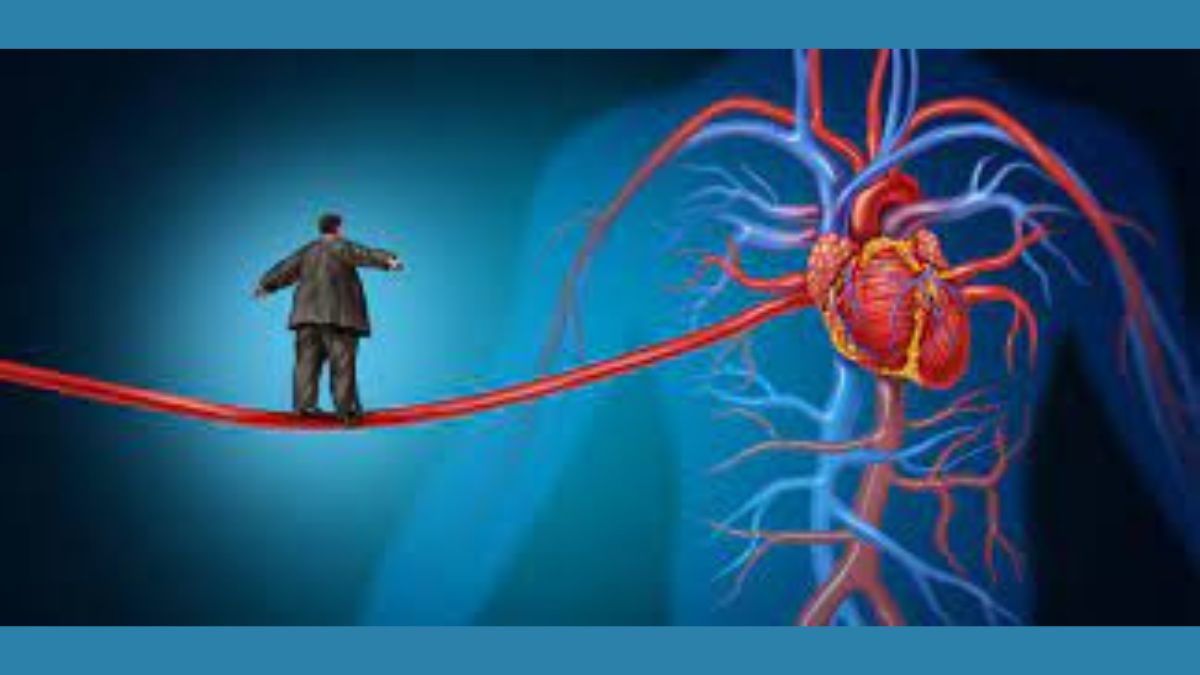How to reduce heart attack risk
One heart attack occurs every 40 seconds in India, making it the country's leading cause of death for both men and women.

Advertisement
No one can guarantee they won’t have a heart attack. One heart attack occurs every 40 seconds in India, making it the country’s leading cause of death for both men and women.
However, that doesn’t mean you have no control over the situation. There are elements outside of your control (for example, genetics and age). But there are many ways to lessen the danger. They emphasise self-care and making positive lifestyle choices.
Here are 7 ways to reduce your heart attack risk
1.Don’t use tobacco products anymore
When it comes to protecting your heart, quitting smoking and staying away from secondhand smoke are two of the most effective measures you can take. The chemicals in tobacco are bad for your cardiovascular system. In addition to increasing your total cholesterol, it also raises your LDL (low-density lipoprotein) cholesterol, which narrows your blood vessels and raises your risk of cardiovascular disease and stroke. In addition to increasing heart stress and blood pressure, smoking decreases blood oxygen levels.
The positive effects of quitting smoking are felt almost immediately. In fact, the next day you may notice a decrease in your risk of having a heart attack. The risk you face will be roughly half of what it was when you smoked after a year.
- Get up and move around
Many health benefits, including improved cardiovascular health, are associated with regular physical activity. The release of feel-good endorphins keeps you upbeat and inspired. It helps you lose weight, which can ease stress on your heart and reduce blood pressure. In addition to reducing the likelihood of developing coronary heart disease, it can also help ward off conditions like diabetes and high cholesterol.
Exercise daily for 30–60 minutes. Moderate aerobic activity is what’s needed here. There are many ways to get in shape, such as riding an exercise bike, walking quickly around your neighbourhood, or using a treadmill. If you haven’t exercised in a while, you should probably ease into it.
- Keep Your Diet Balanced
These days, dieters can choose from a wide variety of meal plans. With its focus on cholesterol- and blood pressure-lowering foods, the Mediterranean diet is among the best for heart patients. This diet places an emphasis on
Veggies and fruit
Whole grains
Legume and bean dishes
Low-fat or fat-free dairy products.
Consume more healthy fats like olive oil, fish, and poultry.
In addition, it prevents:
Sweets and sugary beverages
Alcoholic salt
Sugars and refined carbohydrates (including white bread and pastries)
Substances with a high concentration of saturated fatty acids
cooked and smoked meats
4.Retain a Healthy Body Mass Index
Heart disease, diabetes, and other conditions associated with the heart are all made more likely by obesity. One way of quantifying this is through the calculation of a Body Mass Index (BMI), which takes into account both your weight and height to establish whether or not you are overweight. Having a body mass index (BMI) of 25 or higher indicates that one is overweight, which increases one’s chances of developing cardiovascular disease, stroke, high cholesterol, and other related conditions. Another perspective is to consider the circumference of one’s own waist. If your stomach sticks out while you walk, it’s time to make some changes.
Even a modest weight loss of 3–5% of your starting weight can have noticeable health benefits. However, you shouldn’t feel rushed to finish it in a week or two at the most. Alternately, commit to losing at least 0.5 pounds per week.
- Find Effective Methods of Stress Management
Experiencing too much stress can be detrimental to your health. One is that unhealthy habits are more common in times of stress. They may reach for a cigarette, a drink, or a bag of chips. A person’s blood pressure can rise and their metabolism can be thrown off by stress. The stress hormone cortisol causes a person’s metabolism to slow. So, even if you don’t alter your diet, you can still gain weight.
Consider engaging in some physical activity, meditation, or relaxation techniques if you’re feeling the effects of stress.
6.Take Care of Your Mind
When it comes to improving one’s cardiovascular health, depression and other mental health issues can be major roadblocks. If you’re depressed, for instance, you might not feel like taking better care of yourself. Perhaps you’re not getting enough exercise or eating healthily. It’s also possible that you’ll overlook taking your medications.
You may feel better if you see a therapist or work with your doctor to determine the most effective antidepressant for your unique needs.
- Make Sure You Visit the Doctor Frequently
Visiting your primary care physician on a consistent basis is crucial for many reasons. These appointments can serve as a starting point for your doctor to monitor any changes in your health and address them before they become serious issues. You should also know that many of the most significant risk factors for cardiovascular disease are silent, meaning that they often present no outward signs or symptoms until they have progressed to an advanced stage.
This is why checking your blood pressure, cholesterol, and glucose levels on a regular basis is such an important part of your overall plan to prevent a heart attack. The earlier a rising risk factor is identified, the sooner it can be treated through changes in lifestyle (such as diet and exercise) or medication.
Advertisement

